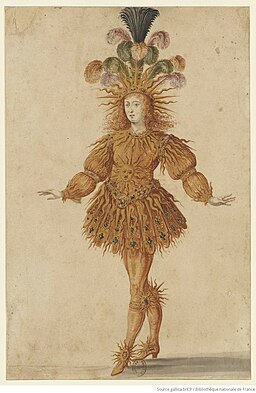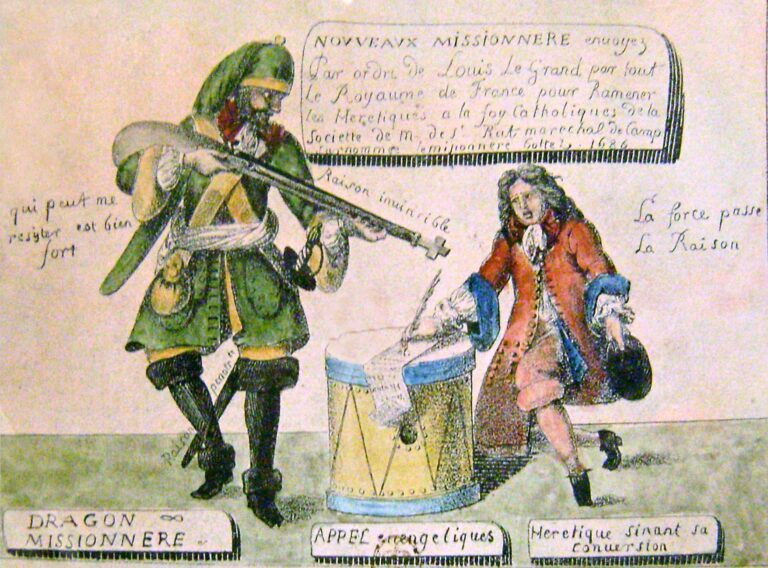K is for King Louis XIV – the Sun King
A contribution to the #AtoZchallenge 2024
“L’État, c’est moi!”
Everyone knows something about King Louis XIV, his many mistresses and the grandiose palace of Versailles he built. Here are some details you may not have known.

Why was he called the Sun King?
As a child, Louis’s main hobbies were painting, dance, and ruling. When he was 18, he went to a masque, where his costume was the sun. He liked the look so much that he adopted the sun as his emblem, and gained the nickname “The Sun King.” Ruling was another hobby of his, since he took the throne at age four. Thus, his kingship was a large part of his childhood, although his mother, Anne of Austria, in collaboration with Cardinal Mazarin, effectively ruled France until Louis was eighteen and assumed full control of the government in 1661.
The absolute king
Louis XIV was a true disciple of Machiavelli, living by his principle, “It is better to be feared than loved.” He distrusted the nobility. He required his court to live in Versailles for part of the year in order to keep a watchful eye on them, opening their letters and spying on them, making sure no one got too powerful. Nor did he care for his people’s support; they were to fear him and pay their taxes. Louis remains today one of the best examples of absolutism. He truly believed that God put kings as rulers on this earth, giving them almost a divine status, and the privilege to have control over their kingdom.
In view of this attitude, Louis initiated many wars against neighbouring regimes – against the Spaniards, the Dutch, the English, the Habsburgs, the Turks… All this warmongery was expensive, which meant the State imposed ever higher taxes on the ordinary people, who, as a result, had great trouble to make ends meet.
Health issues
King Louis was plagued by a variety of chronic diseases, such as rheumatism, chronic fever, malaria, intestinal and urinary infections. By 1685, his teeth were so rotten that all the upper ones needed to be extracted. The clumsy dentist ended up removing a large part of his upper palate – needless to say, with no form of anaesthetic – causing a big hole between his mouth and his sinus. In 1686, a boil on his thigh, combined with a painful gout in his right foot, meant he could hardly walk for a time. In the autumn, the king developed an anal fistula, which must have been not only extremely painful but also very unpleasant to all in his entourage. The treatment, again without a sedative, was even more agonising. The surgeon nervously undertook the Grand Operation, as it was later known, on 19 November. It was kept a close secret. Louis, the master of self-control, displayed exemplary fortitude and bore it all with a single cry of ‘My God’ when the first incision was made.
“Un roi, une loi, une foi”
Louis’ maxim “one king, one law, one faith” meant, among other things, that he saw himself as a true Catholic. He attended Mass every morning in his private chambers and was enthralled by the sermons of the Jesuit Father Louis Bourdaloue. Except when that prelate railed against adultery, emphasising that Jesus’ morality was in direct contrast to that of the world. Louis, it is said, was ‘only too conscious of his wrongdoing but unable to give it up.’
Louis was in the habit of taking his current mistress with him on his field campaigns. So it is probable that several of his illegitimate children were conceived during the War of Devolution against the Spaniards in the Netherlands (1667-1668) and the Dutch War (1672-1678).
All in all, King Louis XIV was a very colourful character – admired by all the women around him, hated by the rich nobility and the poor peasants, respected as a warrior and patron of the arts, harassed by the clergy and feared by the Huguenot population.
‘Greet Suzon for me’, a book about a Huguenot family’s perilous escape from Louis XIV’s persecution to Jersey, will be published in 2025.
Here are all the A-Z posts: A B C D E F G H I J K L M N O P Q R S T U V W X Y Z







Why do you think he had it in for the Huguenots?
I address that in a later post. In summary: King Louis XIV believed he could only maintain his rule over the country if everyone adhered to the Catholic Church. Protestants, such as the Huguenots – and members of other minority faiths – were pressurised to abjure their faith or flee the country. In reality, this was a manifestation of a megalomaniac lust for power and glory on the part of the King.
He was certainly a very peculiar man.
I never imagined he suffered o so may ailments.
He sounds like a walking wreck. I’m assuming most of that was in his later years. I just went to check. He lived to be 77. My age!
In 1686, Louis’ ‘annus horribilis’, he was only 48. What surprises me is that so many beautiful women were happy to jump into bed with such a sick man.